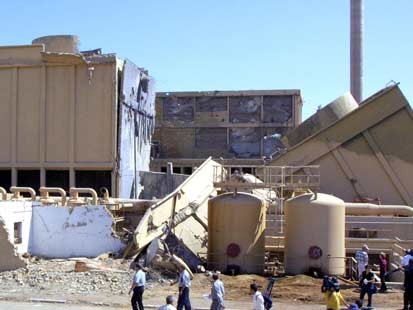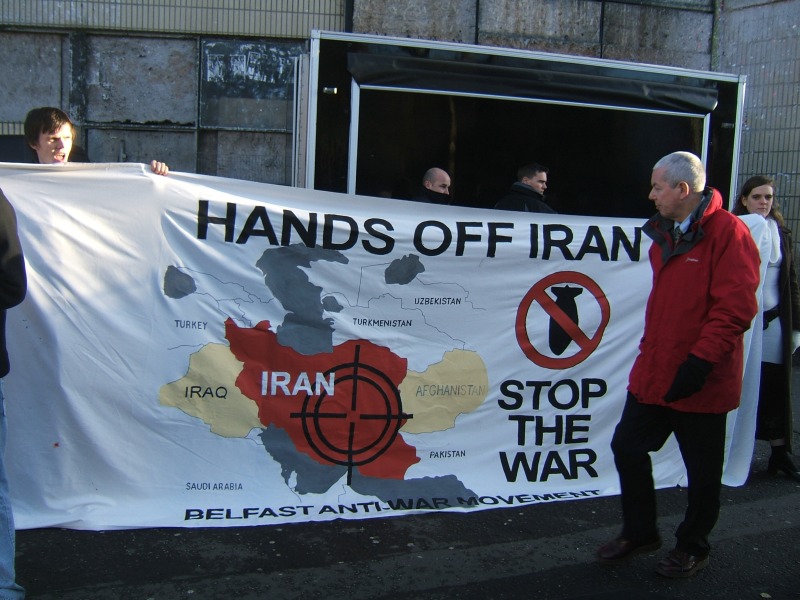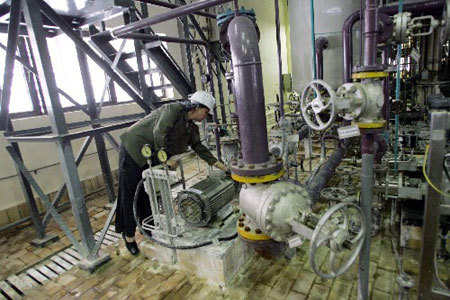
"On the evening of March 19, the promise of a unique seminar drew throngs of students and professors into a packed lecture hall at Prague’s University of Economics. Hours before flying home to celebrate the Persian New Year, diplomat and nuclear physicist Ali Asghar Soltanieh, the Iranian ambassador to the International Atomic Energy Agency (IAEA) in Vienna — a United Nations watchdog organization — candidly discussed the details of his country’s nuclear research program.
Adamant that Iran was using the enriched uranium for peaceful energy projects, Soltanieh rebuked the latest regulations. By outlining the program’s diplomatic and technical history from Iran’s perspective, he pledged to “remove ambiguities and questions, so that those ill-minded people cannot … manipulate and give biased information to the public and then make it into an excuse for an invasion.”
In the latest report, circulated to the Board of Governors (the IAEA’s policymaking body) Feb. 22, agency Director General Mohamed ElBaradai commended Iran for cooperating with the IAEA on a series of inspections. He also announced that a majority of questions — including the “most important issue” exploring the “scope and nature” of Iran’s enrichment program — had been resolved.
Soltanieh said he once escorted inspectors to a site flagged by a two-year CIA project as an undeclared uranium mine and conversion facility. After several fruitless days of searching, it was revealed that the undeclared facility was actually a stone-cutting workshop, which had recently built a few extra lavatories for their newly employed workers, Soltanieh said. “It was very embarrassing for the IAEA inspectors,” he added."
Soltanieh's seminar rebuked U.N. claims about Iran's nuclear program. Soltanieh affirmed that the country is following the rules of the security council and not using its program for militaristic means.
GRADE THIS POST


























